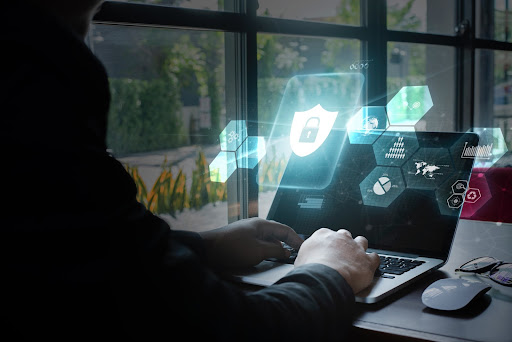
Do you want to be sure to stay safe, both financially and otherwise? The best thing that you can do is practice ways to protect your privacy, both in the online world and in real life. If you think you could be protecting yourself a bit better, here are a few things that you can do to safeguard your privacy:
Keep your identity safe
If there is anything you should do your best to protect, it’s your identity. Identity theft guard solutions can ensure you stay safe from common identity theft crimes happening around the nation.
From your social security number to information about your date of birth and name, identity theft can happen through the smallest of details. Do your best to avoid falling victim to identity theft schemes by hiring professionals to protect your valuable personal information.
Keep social media private
If you like to use social media a lot, chances are that you share a lot of personal information on your posts and stories. While posting your life and your activities may seem harmless, the truth is that you could be giving out more information than you should, especially if your social media pages are public.
From letting people know your location in real time to sharing too many details about the places near your home, you never know what kind of information strangers pick up on when they read your public social media profile. Play it safe and reset your privacy settings. Take your privacy a step further and avoid posting information that can be easily traced back to your real life identity.
Be careful about sharing personal information
There are more and more scams nowadays that try to trick you into giving out your personal information. Whether you are calling a number for a special offer or answering a text query from an unknown number, be careful about sharing just about any information. Your date of birth, address, credit card information, social security information, and more can all be used against you.
Many professional companies and brands clearly state that they never ask for specific information. Pay attention to save yourself heartache down the road. There are online scams that steal thousands from people by pretending like they’re a certain company offering support.
They ask for specific details, and before you know it, you’ve just given them a way to access your personal accounts. The same goes in real life with people or strangers you meet. Any questions that seem out of place probably are. Don’t share more than what’s necessary.
Create non-personal passwords
We all have people that we love and birthdates that we remember, but hey, we can save those details for things other than our passwords. It’s great that you adore your loved ones, but that adoration should never be included in your personal passwords—especially not for important financial accounts.
Write down the non-personal passwords you have and keep that information tucked away safe. Better yet, save it on a secure app on your phone.
Consider browsing in incognito mode
If you’re really looking to take things further with your privacy, consider the benefits of browsing in incognito mode. Your online activity won’t be tracked and if you share your laptop with someone else in your household, they won’t easily be able to follow your online use.
Although this isn’t exactly necessary if you live alone, if for any reason your online browsing is done on a computer that is used by others that you may not know well or trust, it’s always best to play it safe.
In conclusion




Do you want to avoid your money or identity being stolen? Keep a close eye on your privacy and personal information. There are scammers waiting for the perfect opportunity to take what they can from you. If you want to be sure to stay safe, take your security and privacy a step further.
Interesting Related Article: “8 Tips To Enhance Your Social Media Presence”








